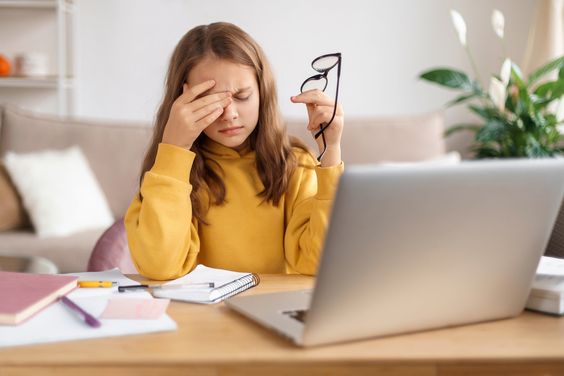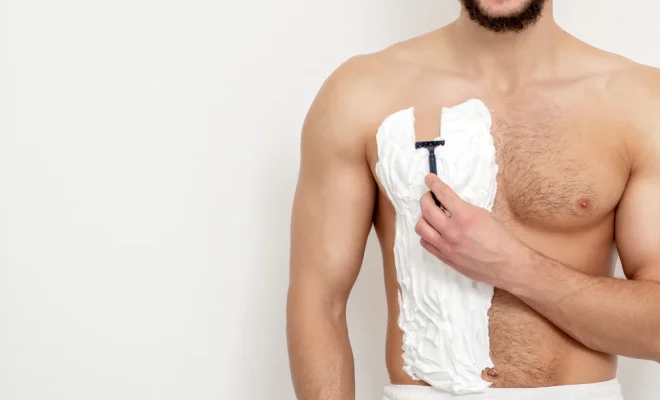4 Ways to Tell if You Need Glasses

It’s not always easy to determine if you need glasses, especially if you’ve never had them before. Poor vision can develop gradually over time, making it difficult to notice a decline in visual acuity. To help you assess your eyesight, here are four ways to tell if you might need glasses.
1. Frequent Squinting
If you find yourself squinting often to see things more clearly, this may be a sign that your eyes are struggling to focus. Squinting helps reduce the amount of light entering your eyes, which sharpens your vision temporarily. This habit might indicate that you are nearsighted (difficulty seeing distant objects) or farsighted (trouble seeing close-up objects).
2. Headaches and Eye Strain
Frequent headaches and eye strain might be symptoms of an uncorrected vision problem. If your eyes are working extra hard to focus on objects, this can lead to strain and discomfort, resulting in headaches. This is especially true for those who spend long hours in front of a computer or reading small print.
3. Difficulty Reading or Seeing at Night
If reading or seeing at night has become increasingly challenging, it could be another sign that you need glasses. Poor night vision can result from a variety of factors, including nearsightedness or astigmatism—both of which decrease the clarity of objects and text at various distances.
4. Blurred or Double Vision
Experiencing blurred or double vision is a clear indicator that you may need glasses. This symptom occurs when the eyes are unable to work together effectively and focus on an object simultaneously. Blurred and double vision can be a sign of astigmatism, near sightedness, farsightedness, or other eye conditions.
If you’re experiencing any of these symptoms, it’s essential to schedule an appointment with an eye care professional for a comprehensive eye examination. They can assess your vision, determine if you need glasses, and recommend the appropriate prescription to correct your vision. Remember, regular eye check-ups are crucial in maintaining good eye health and preventing potential issues.






